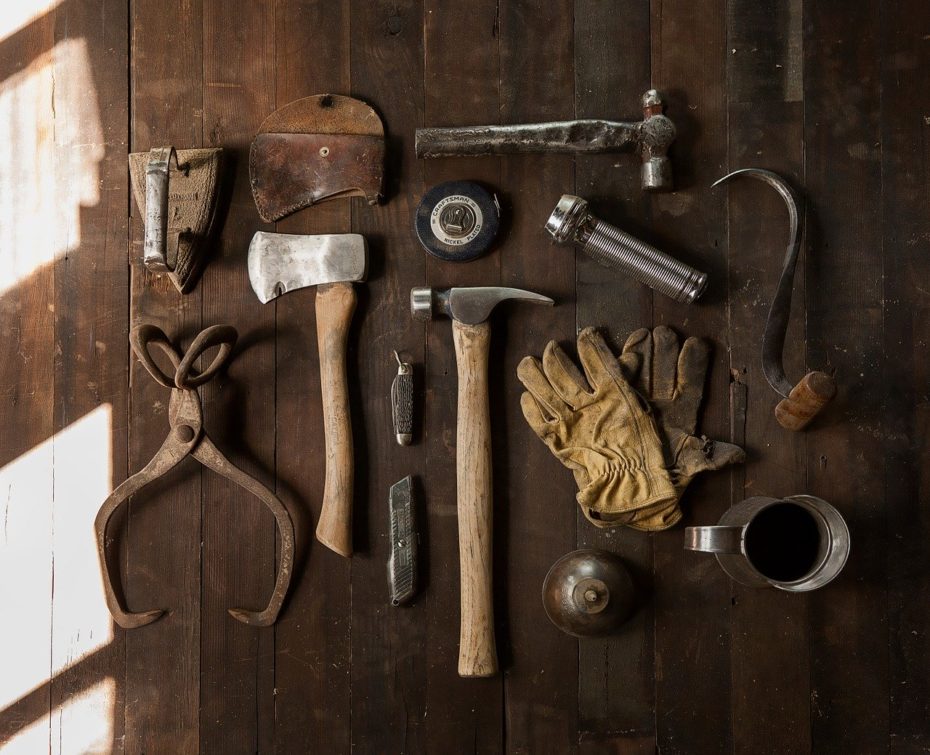Landlords have a lot of responsibilities, but when it comes to repair and maintenance work in the rental property, the landlord should take the lead. It is important for the tenancy agreement to state which responsibilities landlords and tenants have, but it is easy to see why many landlords prefer to take the lead on carrying out repair work.
Many landlords prefer to take responsibility for issues at their rental property
Rather than allowing the tenant to undertake repair landlord, a landlord should take responsibility. By being in control, a landlord can feel confident about the time taken to carry out repairs, and of the standard of repair work. Certain repair work should only be carried out by qualified professionals, and if the landlord takes responsibility for the work, they know who is undertaking the work.
Landlords are responsible for the following repair jobs at a rental property:
- Electrical wiring issues
- Gas pipes and boiler work
- Matters relating to the central heating and hot water
- Chimneys and ventilation
- All matters relating to drains, pipes, toilets, baths and sinks
- Any work relating to common areas including stairways and entrance halls
- Structural work including windows, external doors, roofing issues, bannisters, stairs and walls
- Issues that need to be redecorated
Landlords should ensure repair work is carried out in a reasonable time. Some tenancy agreements may detail what constitutes a reasonable amount of time. It is likely that the time required for repair work to be carried out relates to the importance of the item which needs repaired.
Day to day activities need to be protected
Issues with a fridge, the sink or running water impacts people’s day to day activities. Therefore, these should be considered an emergency, with landlords carrying out repair work as quickly as possible. Other tasks, perhaps more aesthetically based issues, can be resolved over a slightly longer time-frame.
Where there is a health and safety issue, landlords are expected to respond quickly. However, this is an area where there is often debate about who should take responsibility for the resolution of the issue.
Damp and mould is unsightly, it can hamper the value of property, and it can cause health problems. If damp and mould has been caused by tenant’s not caring for the rental property, it will normally be their responsibility to resolve the matter. However, if dampness and mould have been caused by a structural issue or something relating to the property, it is the landlords’ responsibility to resolve the matter.
Similarly, if there is a rodent infestation at the rental property, the responsibility may lie with who caused the problem. If there is an underlying issue with the property, it is likely the landlord will need to resolve the matter. However, if choices made by the tenant has led to rats or mice residing in the property, it is not unreasonable to assume they are responsible for carrying out improvements.
In all these aspects, a robust tenancy agreement will be vital in resolving the issue amicably.
If you are a landlord and looking for property management tips and guidance, please contact SC Property Management today. We have a wide range of services aimed at helping you manage your property and enjoy success as a landlord.


